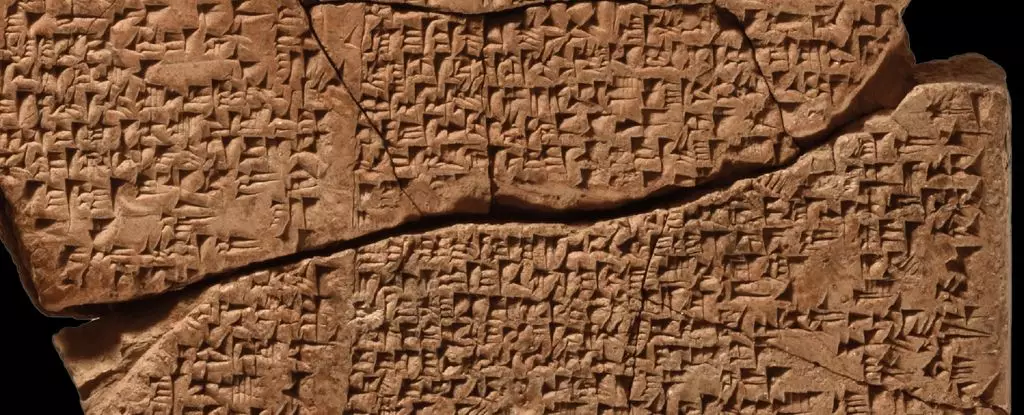The recent rediscovery of a 250-line hymn praising Babylon sparks both excitement and skepticism within the academic community. While it undeniably enriches our knowledge of Mesopotamian culture, it is vital to approach such findings with a critical eye. The narrative painted by this hymn, emphasizing the city’s majesty and divine natural beauty, runs the risk of romanticization. It’s tempting to view Babylon through rose-colored glasses, but this glossed-over perspective can obscure the complex realities beneath the grandeur. Such glorification often reduces a vibrant, multifaceted society to a static monument of divine splendor, overlooking the struggles, contradictions, and inequalities that defined its history.
The Limitations of Surviving Evidence and Bias in Interpretation
The very foundation of this discovery—fragmented clay tablets pieced together with advanced AI—inevitably introduces questions about completeness and bias. Ancient texts were often propagandistic, crafted to serve political or religious agendas, and their survival depends heavily on chance, not representativeness. Relying heavily on what has been preserved risks creating a skewed image of Babylon’s society and culture. The hymn’s celebration of natural phenomena and divine grandeur may reflect the ideological emphasis of its creators rather than an accurate or comprehensive depiction of everyday life. The portrayal of women, for example, is filtered through a specific lens—highlighting virtue and devotion—possibly neglecting other aspects of their social roles and realities that might have been less virtuous or more complex.
Technological Marvel or Flawed Methodology?
The use of AI to reconstruct and analyze these texts is undoubtedly a technological breakthrough, but it warrants skepticism. The reliance on algorithms, while efficient, can also impose modern interpretations onto ancient material, potentially leading to distortions. Digital methods might favor texts that fit established patterns, neglecting anomalies that could be of equal historical significance. Additionally, the assumption that this hymn was “popular” enough to be memorized indicates a broad cultural reach, but without corroborating evidence from other types of texts or archaeological layers, such conclusions remain speculative. The danger lies in overestimating digital tools’ reliability and underestimating the human judgment essential in interpretation.
Prioritizing Modern Narratives Over Authentic Diversity
There is a subtle but significant tendency in such discoveries to craft a narrative that aligns with contemporary ideals—an ancient civilization rooted in cultural grandeur and social order, as illuminated by the hymn. This creates a narrative that, while inspiring, risks oversimplifying the diversity of Babylonian society. Women’s roles, for example, are framed predominantly through virtues like devotion and discretion, which aligns with modern notions of morality but might not reflect the full scope of their societal realities. Such portrayals, while valuable, risk creating a sanitized image that sustains our quest for a “noble” past, often at the expense of acknowledging social tensions, conflicts, and marginalized voices that might have been equally influential.
The Illusion of Total Knowledge
Ultimately, this discovery highlights a recurring theme: our understanding of ancient civilizations remains incomplete and speculative. The fascination with recovering lost texts and reconstructing histories often fosters a false sense of mastery over the past. As much as technology enables remarkable breakthroughs, it also underscores the limitations—what remains hidden, what was never recorded, and what is still waiting to challenge our narratives. Recognizing these gaps encourages humility and a more nuanced appreciation of history—not as a fixed tableau of greatness, but as an ongoing conversation with pieces missing and stories unspoken, urging us to question both the sources and the stories we believe them to tell.


Leave a Reply